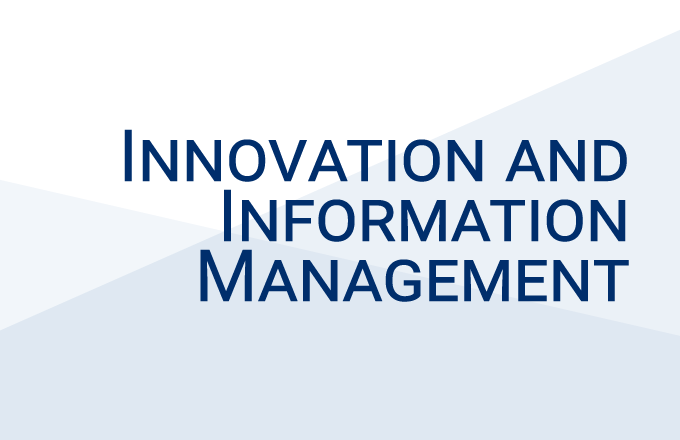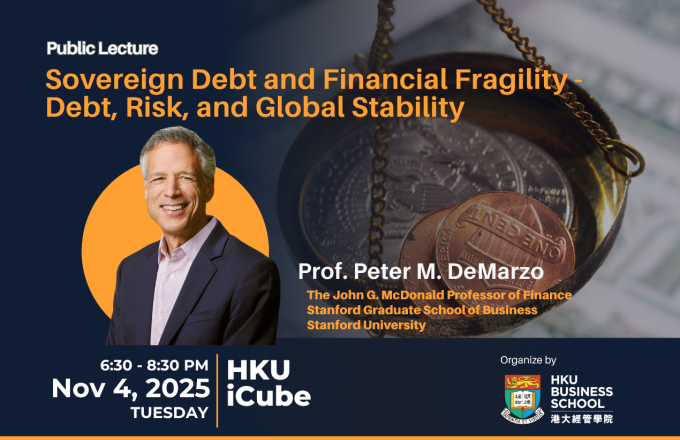Expectations, polarizing social issues, and criticism for corporate silence: Theory and evidence from Georgia’s Election Integrity Act
SPEAKER
Associate Professor
McCombs School of Business
University of Texas at Austin
Extant research has overlooked why companies receive varying levels of criticism for not engaging with polarized social issues. Further, little is known about the consequences of engaging with these issues in the face of criticism. To understand which firms are at the highest risk of missteps, we integrate insight from expectations management and identity theory. We argue that external criticism stems from general audiences’ expectations – which vary significantly between firms – being left unmet. These expectations have two dimensions: predictive, reflecting audiences’ perceptions of the likelihood a firm will engage based on past actions and related cues; and prescriptive, based on their beliefs as to whether a firm has a moral obligation to respond. We further posit that responding to a polarized issue in the face of criticism can backfire, eliciting greater and increasingly bipartisan critique. An empirical analysis of criticism for silence and subsequent corporate responses to a controversial voting law in Georgia supports these arguments. In this context, prescriptive and predictive expectations interacted to lead to mostly Democratic-leaning critique. Firms that subsequently broke their silence received both Democratic- and Republican-leaning criticism afterwards. Post-hoc analyses revealed that early (prior to a buildup of critique) and substantive (vs. symbolic) engagement was associated with less criticism.















